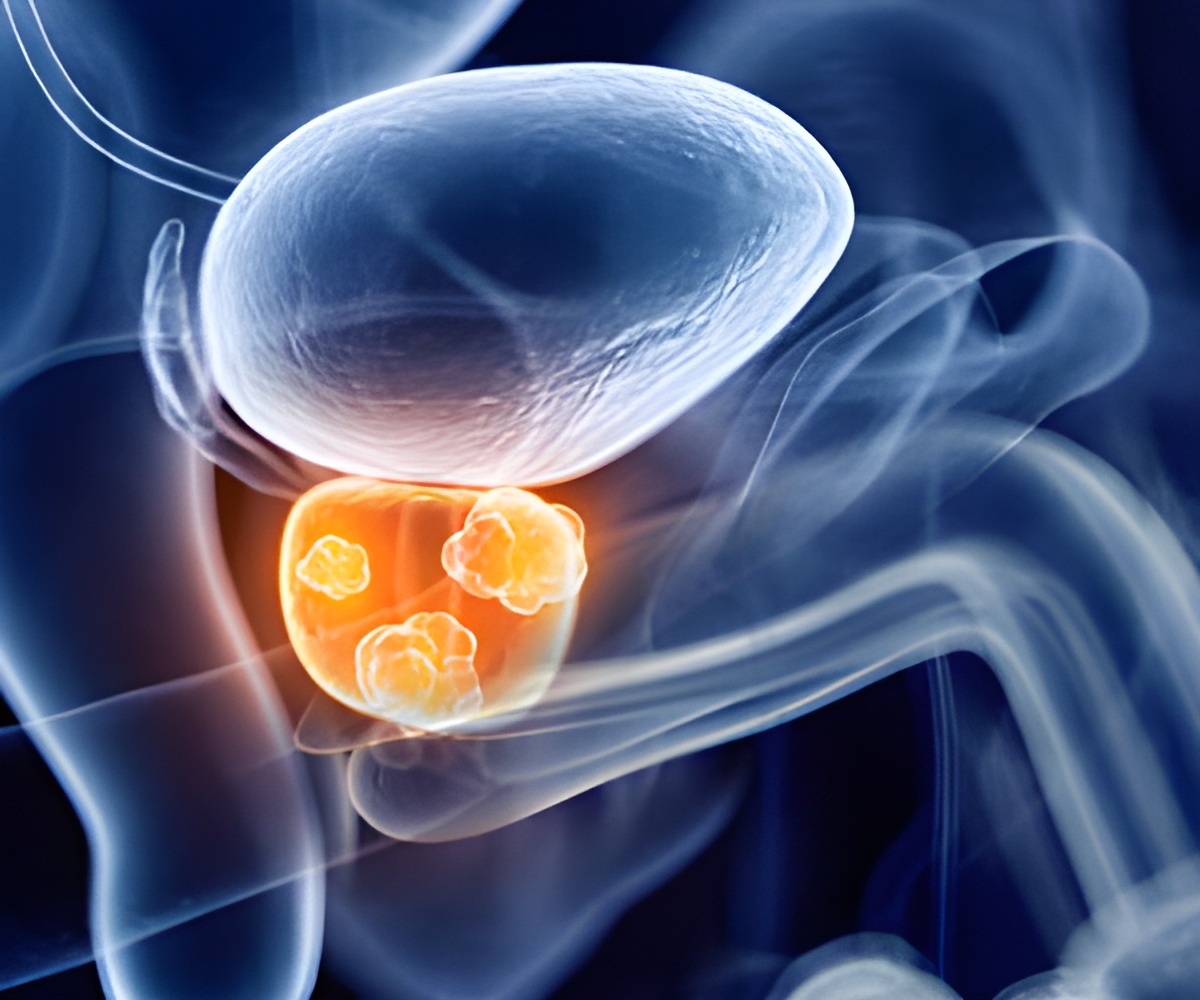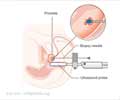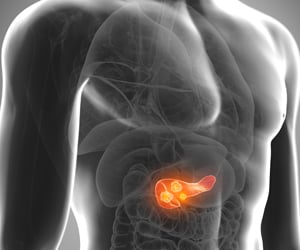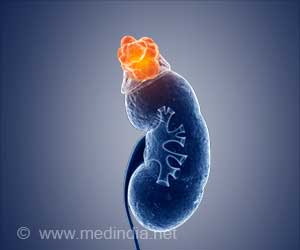Genetic variants in patients hold the answer for why advanced prostate cancer is resistant to standard therapy, says study.

TOP INSIGHT
Identifying genetic factors that make advanced prostate cancer resistant to drugs may allow individualized treatment for the cancer.
"Prostate cancer is different in every patient." says Dr. Kohli. "In this groundbreaking study, we explored thousands of genetic characteristics in each tumor, and identified specific genes -- for example a set of genes called cell cycle proliferation genes --that now allow us to take an individualized approach to treatment with this drug. Our observations enhance the development of predictive biomarker-based strategies for patients with advanced castration-resistant prostate cancer."
The research comes from a study at Mayo Clinic between 2013 and 2015. Whole-exome DNA sequencing, which looks at all the disease-causing genes, and RNA sequencing, which looks deeply into each individual gene, were performed on metastasized tumors of 92 study participants before treatment. Those same tests were performed again after 12 weeks. Investigators in Dr. Wang’s lab also attempted to grow the patient’s cancer in mice from a piece of the patient’s cancer tissue. Experimental drugs were then tested on cancers that grew in mice.
"The discovery of these genetic signals after such an elaborate and extensive evaluation of the patients’ genetic makeup has not been previously performed," says Dr. Kohli." Such knowledge can empower physicians to better manage patients with advanced-stage, castration-resistant prostate cancer."
Prostate cancer affects approximately 1 in 7 men in the U.S. -- 10 to 20 percent of whom will develop castration-resistant prostate cancer. The average life expectancy at that advanced stage is less than 19 months.
Mayo Clinic researchers are recommending further study to determine which combination of drugs will best overcome drug resistance in patients with these genetic markers.
Source-Eurekalert
 MEDINDIA
MEDINDIA




 Email
Email










